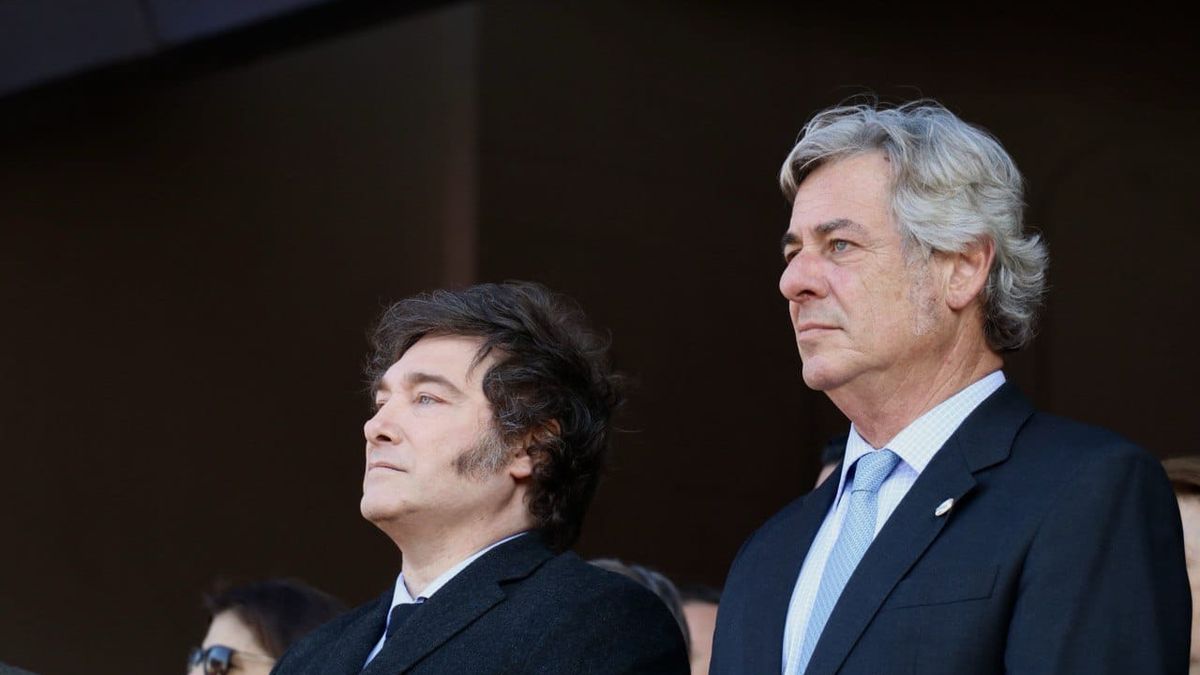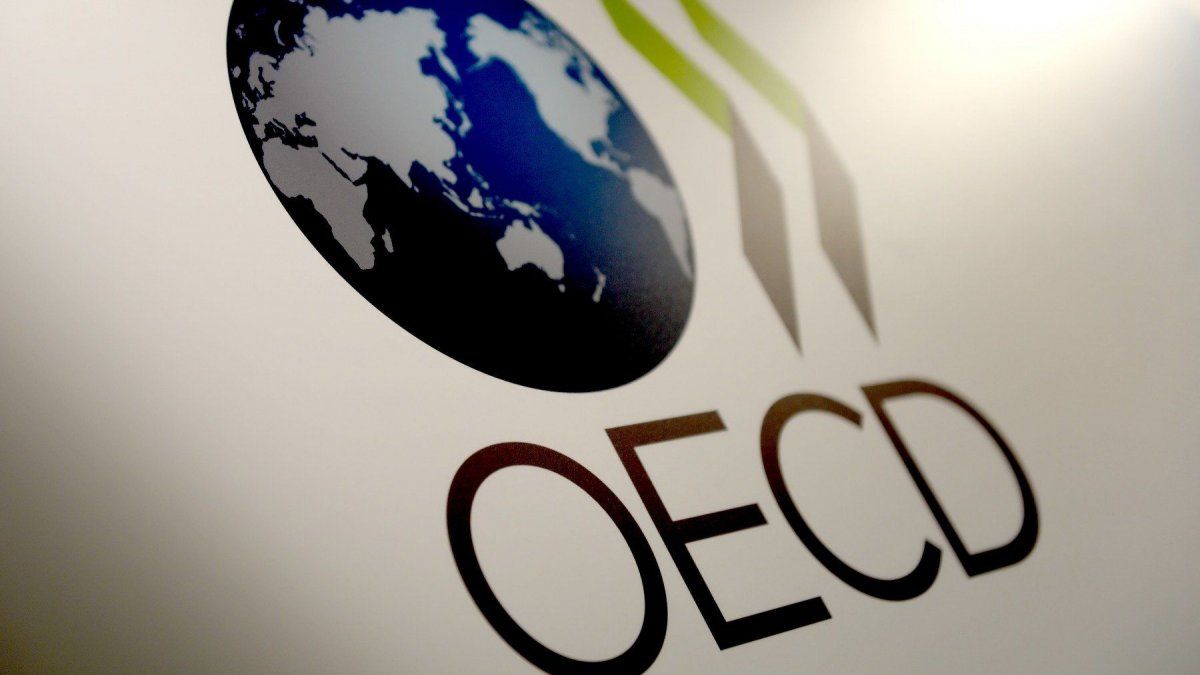Is the G20 group threatened with a slow death? The fact that China’s head of state skipped this year’s summit is seen as a bitter blow for the important discussion forum. What can still be achieved in this way?
Imagine there is a G20 summit and no one goes. It’s not that far yet. But two of the most powerful heads of state will not be there this weekend when the group of leading industrialized and emerging countries meets in New Delhi, India, for their annual summit.
Russian President Vladimir Putin was absent from the summit on the Indonesian holiday island of Bali last year, just a few months after he ordered the invasion of Ukraine. In addition to him, Putin’s closest ally in the G20 circle, Chinese President Xi Jinping, is also staying away from the summit this time. This gives the event a clear tilt to the west. Substantial results are becoming much more difficult – and not just on the main issue of the Ukraine war.
Russia’s war against Ukraine – struggle over individual words
At the last summit on the Indonesian holiday island of Bali, the West celebrated it as a success that Russia, represented by Foreign Minister Sergei Lavrov, remained largely isolated. At that time, apparently under pressure from China, Moscow agreed to include the sentence in the final declaration: “Most members strongly condemned the war in Ukraine.” Russia’s position was depicted at the time with the words: “There were different views and different assessments of the situation and the sanctions.”
China and Russia no longer want to engage in such formulations. For their part, the Western states do not want to fall behind the Bali Declaration. The negotiations before the summit in India, which have been described as extremely difficult, are now about a new approach. In German government circles it is said that they want to anchor a commitment to the “territorial integrity of all states” in the final document. In other words, no country has the right to violate another’s borders. In a Western interpretation, this would be a veiled condemnation of the Russian war of aggression.
“If we could do that, it would be worth a lot,” says those around Chancellor Olaf Scholz. They don’t want to imagine that the negotiations will fail: “We assume that we will come to an agreement.” That doesn’t sound convincing. It would be a debacle, especially for the host nation India, if no final declaration is reached.
Moscow sees itself in an improved starting position
Lavrov endured the war scoldings at the last summit unmoved and left early. This time Moscow sees itself in a better starting position because India, which is friendly to Russia, does not want to place a particularly high priority on the war in Ukraine. In addition, it does not appear that the host, Indian President Narendra Modi, will be joining Ukrainian President Volodymyr Zelenskyj via video.
Lavrov is already triumphant that the “Ukrainization” of the agenda at the G20 has failed this time. He criticizes the West for repeatedly trying to set the agenda at summits with its “destructive politics.” Not least because of this, interest is growing in other international formats such as the Brics group (Brazil, Russia, India, China and South Africa), which decided to include additional countries at its recent summit.
Climate protection has fallen behind because of war
The Russian war against Ukraine will not be the only topic of contention in New Delhi. In recent years, the EU in particular has tried to make the G20 group an international driver for more climate protection. However, participants in the negotiations now admit that the lengthy and tough discussions about the war in Ukraine are clearly at the expense of other issues.
The negotiations currently have to be fought to maintain previous goals. This involves, for example, reducing inefficient subsidies for fossil fuels and gradually phasing out climate-damaging electricity generation using coal.
Biden wants to push ahead with reform of the World Bank
At the summit, US President Joe Biden wants to push ahead with reform of the World Bank and collect financial grants for the development bank. The World Bank lends money to poor countries on favorable terms with the aim of strengthening their economies and reducing poverty there. The aim of the development bank reform is to better address the twin challenges of poverty and climate change.
At least indirectly, the proposals also target China, which has recently granted massive loans to low-income countries, which from a Western perspective can end in debt traps and political dependence. The USA is now relying on partners in New Delhi to make new commitments to support the World Bank and the International Monetary Fund (IMF) and thus significantly increase the institutions’ credit power. Biden also wants to persuade allies to cancel some of the debt. Countries like Japan and Italy are also said to have been critical recently because they want to see additional money flows linked to reforms.
Growth from Africa
It is possible that after the summit the G20 will be larger than before. The African Union is to become a new member. The countries in the southern hemisphere should be given a significantly greater weight – this is also a declared goal of the Indian summit host Modi. However, it still needs to be clarified how to deal with other regional organizations such as the Asean group of Asian states or the Celac of Latin American and Caribbean states, according to the German delegation. It is quite possible that these organizations will also be offered discussions.
To date, the European Union with its 27 member states is the only regional organization that is a member of the G20. The AU includes all internationally recognized African countries as well as the controversial country of Western Sahara under international law. There are 55 states in total.
However, anyone who expects the G20 to be renamed G21 after the recording will be disappointed. Such discussions are not being held seriously, an EU official said ahead of the summit.
G20 in a crisis of meaning
The bottom line is that the summit in India is likely to be one of the most difficult since the G20 met at top level for the first time in 2008. The Russian war of aggression against Ukraine has plunged the only significant discussion format in which the West still sits at the same table with China and Russia into a crisis of meaning. At the end of this summit the question will certainly arise again: Is it still possible, G20?
Source: Stern
I have been working in the news industry for over 6 years, first as a reporter and now as an editor. I have covered politics extensively, and my work has appeared in major newspapers and online news outlets around the world. In addition to my writing, I also contribute regularly to 24 Hours World.




